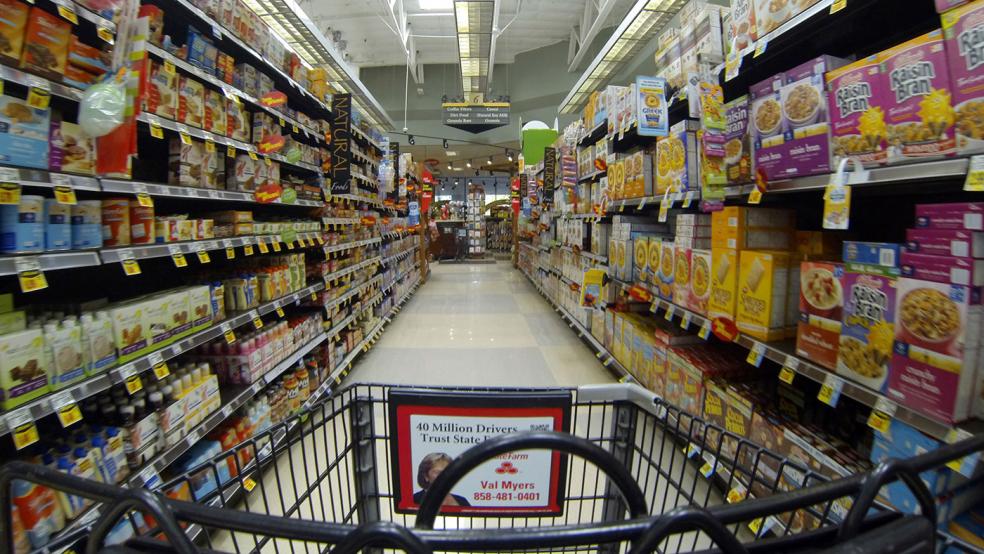SNAP benefits, more commonly known as food stamps, were too low to help families afford food across most of the country last year, according to a new analysis published by the Urban Institute and the Robert Wood Johnson Foundation.
The analysis finds that SNAP did not cover the cost of a modestly priced meal in 98% of U.S. counties in 2023. “In the last quarter of 2023, a 53-cent gap remained between the $3.37 cost of a modestly priced meal, and SNAP’s average maximum benefit of $2.84—a shortfall of 19%,” the report says. The gap was wider in urban areas than in rural areas.
On a monthly basis, the benefits fell short of covering food costs by nearly $50 for families with no net income.
The report also says that the cost-of-living adjustment in the benefit for last year did little to help, even as food price inflation moderated; the share of counties where the benefit was “inadequate” only dipped from 99% to 98%.
Why it matters: “SNAP is not only the country’s most effective tool for reducing food insecurity, but it has also been shown to reduce poverty and boost economic activity, especially during recessions,” report authors Elaine Waxman and Poonam Gupta write.
Their analysis comes as Congress is working to reauthorize the Farm Bill, which sets SNAP funding. A House markup of the bill by the Agriculture Committee is scheduled for tomorrow morning.
House Republicans and Senate Democrats are clashing over a GOP proposal that would reverse Biden administration changes meant to allow the benefit to keep pace with the rising cost of healthy foods. Republicans insist their plan would not cut current aid, but it would essentially prevent the benefit from increasing or decreasing except to reflect the cost of living. They say it “corrects egregious Executive branch overreach and disallows future unelected bureaucrats from arbitrarily increasing or decimating SNAP benefits.”
The Urban Institute authors argue that the Republican proposal would reduce SNAP spending and “would ensure SNAP benefits do not meet families’ nutritional needs and would eliminate pathways for making SNAP benefits adequate.”





